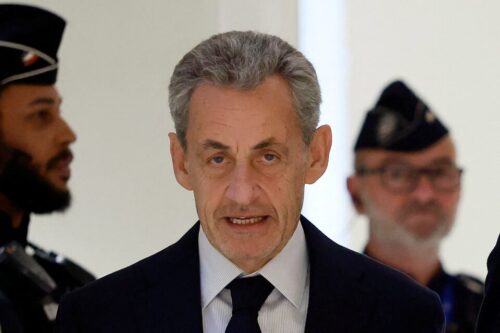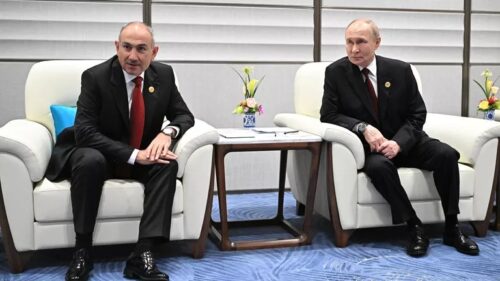
Bundestag dissolution and early elections: Political crisis in Germany
German President Frank-Walter Steinmeier has decided to dissolve the Bundestag (parliament) and call for early elections on Feb. 23, following a vote of no confidence against Chancellor Olaf Scholz.
Germany is facing a severe political crisis after disagreements emerged within the ruling coalition—including the Social Democratic Party of Germany (SPD), the Greens, and the Free Democratic Party (FDP)—over budgetary, financial, and economic policies, including ongoing support for Kyiv and others. On Nov. 6, Scholz decided to dismiss Christian Lindner from the position of finance minister, leading to the collapse of the coalition.
On Dec. 11, in accordance with Article 68 of the Constitution, Scholz submitted a written inquiry to the parliament to seek a vote of confidence.
This was the sixth time in the history of the Federal Republic that a chancellor’s confidence request was brought before the Bundestag. During an extraordinary session on Dec. 16, the Bundestag voted against trusting Scholz, thereby paving the way for early parliamentary elections in Germany.
Out of the current 717 members, 207 supported the incumbent government leader, while 116 abstained. A total of 394 parliamentarians voted against the confidence request. Following the failure of the confidence vote, Scholz proposed that the Bundestag be dissolved.
Steinmeier has decided to dissolve the parliament and schedule early elections for Feb. 23. The outcome of these elections will lead to the formation of a new government and the election of a new chancellor.


